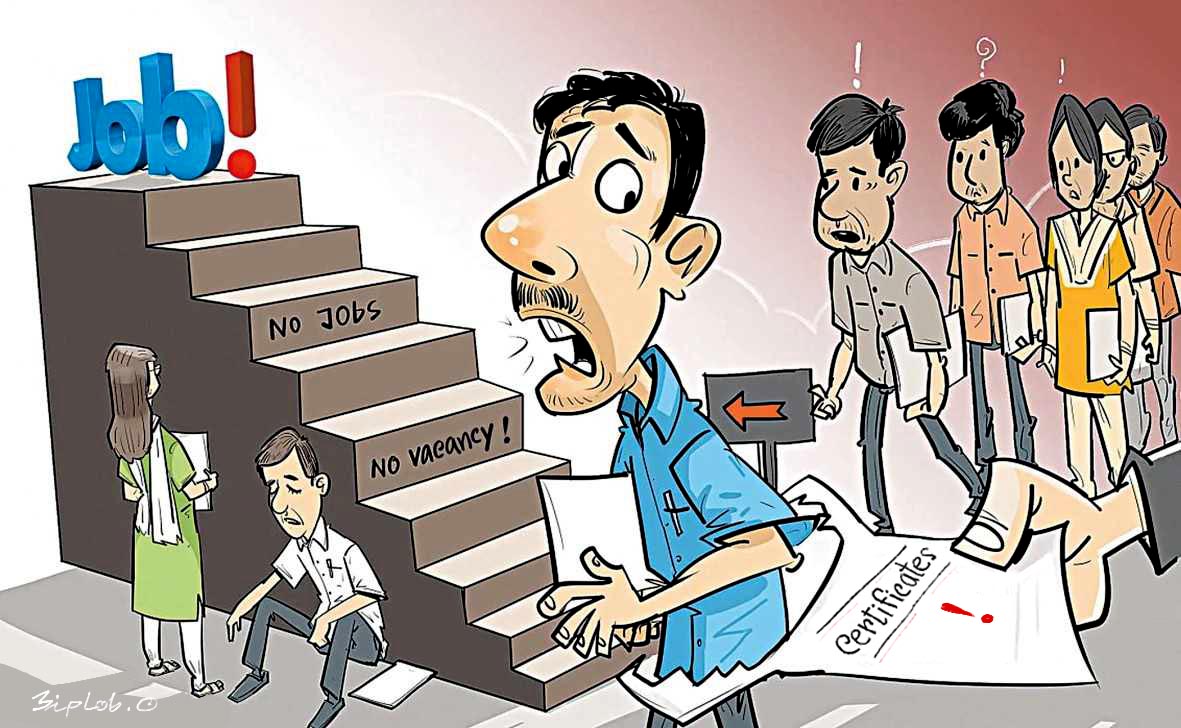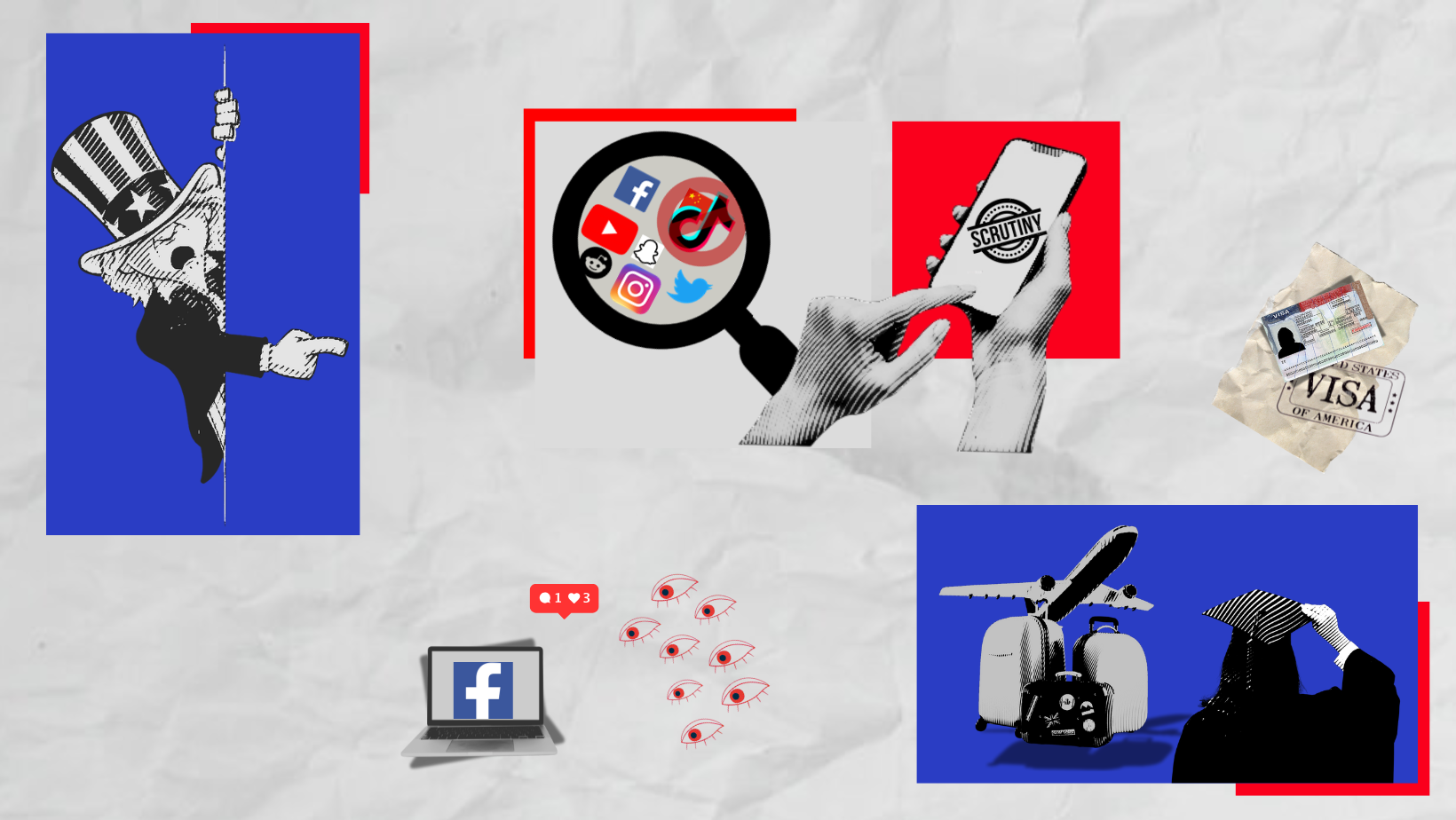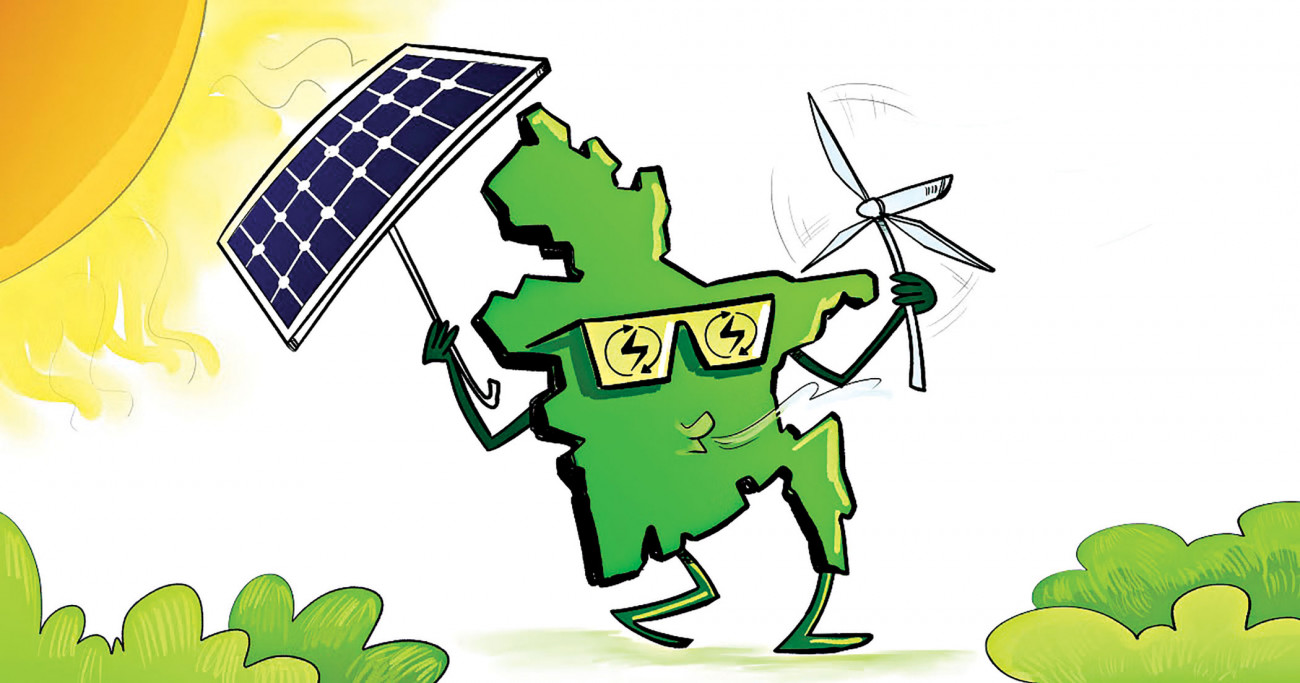The generational mismatch of wealth

Uncle Selim was 25 in 1985. Fresh out of Dhaka University with a degree in economics and a moustache thick enough to warrant all compliments of masculinity on earth, he landed a job at a state-owned bank. The pay was modest, but it came with dignity, stability, and the ultimate prize: a pension.
Within five years, Selim bought a plot of land in Mirpur. His colleagues smirked. Who would want to live in Mirpur, then dismissed as a wasteland of tin sheds and poultry farms? But Selim was smug. Land was cheap, dreams were affordable, and the future looked like something you could purchase, brick by brick.
Fast forward to 2025. Meet his daughter, Nabila, also 25, also with a degree in economics—hers from a private university where tuition rivalled the GDP of a small upazila. Her first job is at a multinational, and her title is so long it could double as a novella: Associate Junior Assistant to the Regional Something-Something. The salary looks generous—until rent, Wi-Fi, and Uber rides bleed it dry (not to mention the side of regular "social eating out").
She marks her employment milestone with overpriced caramel lattes and Instagram captions like #GirlBoss, while privately calculating how many lifetimes it would take to afford even half the Mirpur plot her father bought with lunch money.
Selim often reminds her that he struggled more. And in fairness, he did. Load-shedding was so relentless that he could recite Dostoevsky by candlelight. Floods turned buses into clumsy submarines. Jobs demanded punctuality, but delivered salaries weeks late. His struggles, however, yielded assets: land, a home, and a pension that still pays for his blood pressure medication.
Nabila's struggles yield anxiety. Selim's collateral bought him a house. Nabila's rent buys her a shoebox flat with neighbours who treat baseline volume for music as a suggestion rather than a courtesy.
Education paints the gap in bold strokes. Selim walked into Dhaka University on merit, ambition, and the support of a public education system that still believed in social mobility. A degree then was a golden ticket. Employers queued at convocation gates.
Nabila's degree is more like a metro card—useless unless constantly recharged with postgrad diplomas, unpaid internships, and LinkedIn workshops. Employers don't queue anymore; they seldom reply and, more often than not, they ghost.
Housing is the cruellest punchline of this saga. By his thirties, Selim had built a two-storey home with savings and a bank loan at interest rates that didn't feel like extortion. Today, tenants pay for his retirement. Nabila, meanwhile, lives in a flat with three houseplants she jokingly calls her investment portfolio.
She dreams of ownership, but the property market laughs in her face. Even if she stopped eating and breathing, the maths wouldn't work. "Buy property early," Selim advises with the smugness of a man sitting on three plots. Nabila nods politely, then opens her food delivery app, confused between groceries and the luxury of edible food.
Consumption has evolved, too. Selim's generation stretched every taka, patched clothes, and reused everything from jam jars to gift wrappers. Savings weren't optional; they were instinct. Nabila's generation spends on experiences: sushi nights, overpriced yoga mats, and co-working spaces with plants and playlists.
She can summon a car in 60 seconds, but owning one is as likely as inheriting Buckingham Palace. Cars now are fancier than ever and therefore guzzle petrol more than ever. Petrol—the costly prince and parasite.
And yet, not everything is bleak. Nabila has freedoms Selim never imagined. She can apply for a remote job in Singapore from her bedroom, launch a start-up with nothing but Wi-Fi, or pursue a PhD in climate policy in Berlin. Her world is larger. Her possibilities, more fluid.
Selim built equity in land. Nabila builds equity in networks, ideas, and skills. The tragedy is that these intangible assets don't always translate into tangible security.
But perhaps the biggest difference lies in psychology. Selim's generation carried war scars but also optimism. They invested in land, education, and children with faith that tomorrow would be better.
Nabila's generation carries global exposure—but also decision fatigue. They can code, freelance, and work remotely from Bali, but they can't plan beyond a month. The dollar bullies their currency, inflation mocks their salaries, and politics feels like betting on a horse with three legs.
Decision fatigue is their new daily currency. Every choice—from career paths to grocery apps—comes with a hundred tabs open in the mind. Should she invest in a mutual fund or that climate-tech start-up her friend mentioned? Is it wiser to switch jobs for a pay bump or stay for the mental health days? Should she move to Canada, start a business, or just learn German and see what happens?
For Selim, life followed a path: job, land, marriage, house. For Nabila, the path is a maze, constantly redrawn by economic shifts, social expectations, and algorithmic distractions. Freedom, it turns out, can be exhausting when every option feels both promising and perilous.
Two generations. Same age. Two economies. Selim bought land with five years of savings. Nabila can't buy peace of mind with a lifetime of earnings. He built houses. She builds coping mechanisms. He left behind property deeds. She leaves behind Wi-Fi passwords.
The irony is that both believe they had it harder. Selim swears by sacrifice. Nabila insists on precarity. They're both right. But the truth is simpler: one generation inherited scarcity and turned it into prosperity. The next inherited prosperity and turned it into anxiety.
And maybe that's the most honest economic story Bangladesh has to tell. Uncle Selim built the house. Nabila is just trying to afford the coffee.
Barrister Noshin Nawal is a columnist for The Daily Star. She can be reached at nawalnoshin1@gmail.com.
Views expressed in this article are the author's own.
Follow The Daily Star Opinion on Facebook for the latest opinions, commentaries and analyses by experts and professionals. To contribute your article or letter to The Daily Star Opinion, see our guidelines for submission.




 For all latest news, follow The Daily Star's Google News channel.
For all latest news, follow The Daily Star's Google News channel. 


Comments